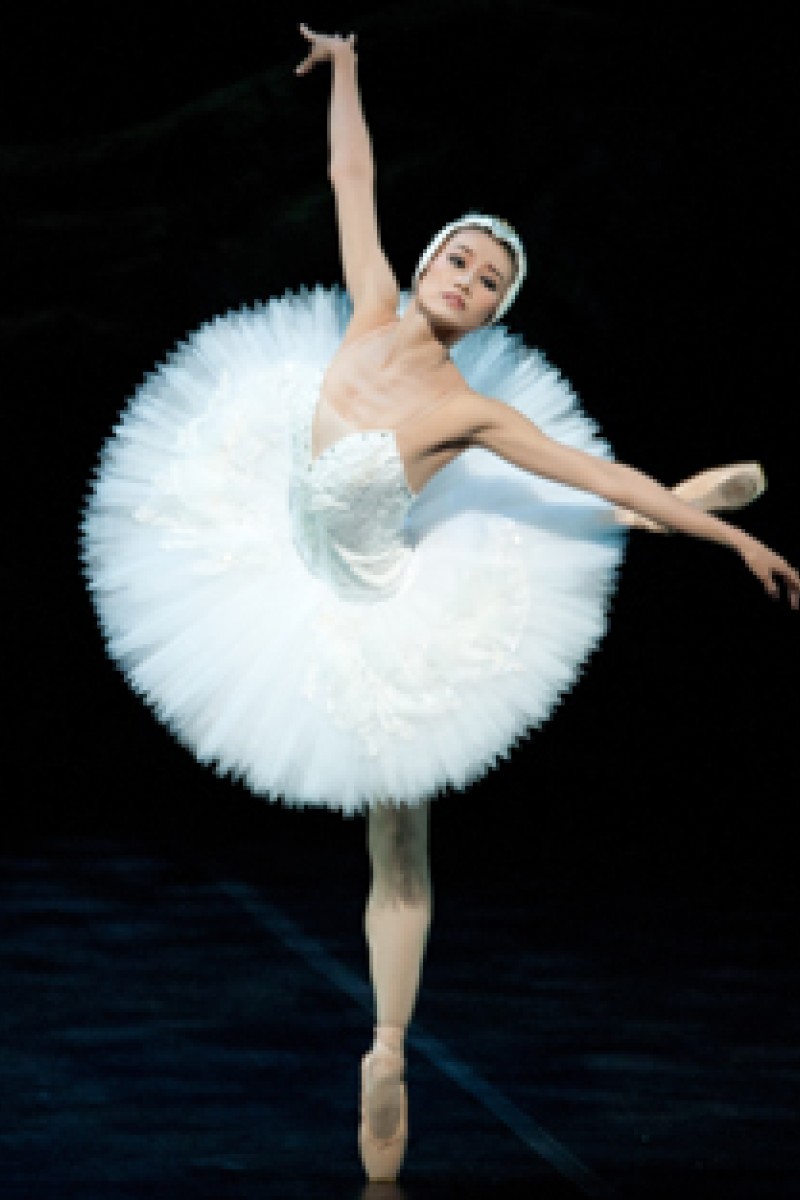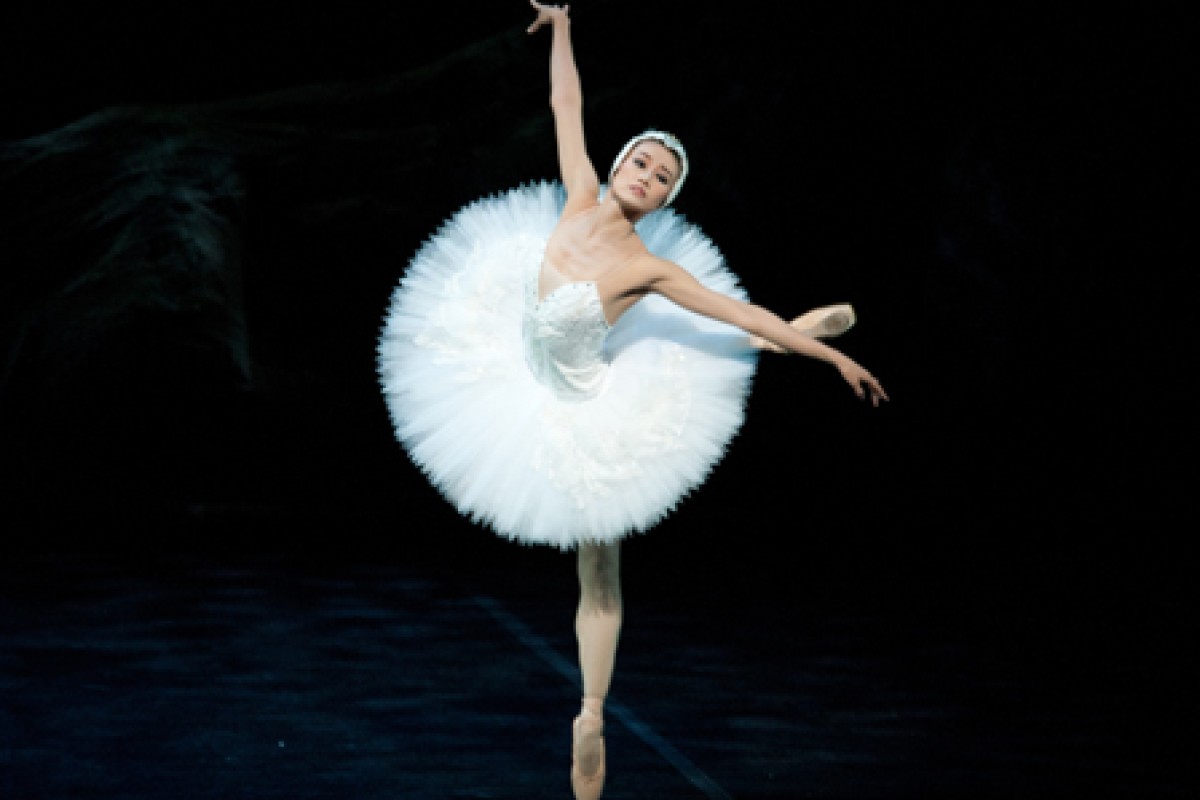
Being a professional ballet dancer means both pain and gain
 For Jin Yao, being a ballerina was a dream come true.
For Jin Yao, being a ballerina was a dream come true."Ballet is very cruel. Not only do you have to possess the talent and the body [for it], you also have to work very hard," says Jin Yao of the Hong Kong Ballet. "Being a ballerina requires a lot of determination and perseverance."
We met the 33-year-old principal dancer when she was rehearsing for Swan Lake, which opened last Friday and will run until Sunday at the Hong Kong Cultural Centre.
Born in Jilin province, Yao joined the Hong Kong Ballet in 2004. She had dreamed of being a ballerina since she was a child.
"I started learning ballet at six years old, from my parents, who were also ballet dancers," she says.
"But they didn't want me to become a professional dancer because they knew how much hard work it would be. They told me if I insisted on following that dream, then I must get into the best ballet school in the country."
Yao was admitted to the prestigious Beijing Dance Academy at age 10. When she graduated from the academy in 1997, she was accepted by the National Ballet of China.
Yao has gained a lot of recognition. In 2002, she won the gold medal at the Varna International Ballet Competition, which is widely regarded as the "Olympics of ballet". In 2007, she won a Hong Kong Dance Alliance award, and in 2010, she was named "Best Artist of the Year" at the Hong Kong Arts Development Awards.
Yao has held on to her dream, even when she has been injured. "I had a serious ankle injury, and I needed to stop dancing for a year," she says. "I did think about whether I should quit then."
But her persistence helped her through that dark period. Says Yao: "When you love what you do, you will never give up."
Swan Lake should be easy for Yao, who has performed it three times with the Hong Kong Ballet - in 2007, 2009 and 2011. But, she says, each time she looks at it with a fresh angle. "I try to think of how I can improve every time," she says. "To me, there is no 'best' performance, only a 'better' one."
And, despite her experience, playing the two contrasting characters in Swan Lake is still a challenge.
"The role of White Swan contains a lot of adagio, or slow movements, which need fluidity. The Black Swan's character requires a lot of strength, with many sharp movements. It's easier for me to play the Black Swan because I am a strong dancer."
But the hardest part is not the technical aspects, or doing the famous 32 consecutive fouettes, or fast turns. "It's bringing the characters to life," Yao says.
Yao has a relentless schedule - she rehearses six days a week from 10am to 6pm, with a 60-minute lunch break, which is mostly used for group rehearsals. Yao says she relaxes by doing "normal" things.
"I sleep, eat, and go to the movies," she says. "I also like shopping."
Despite the tough training, Yao is a picture of charm and elegance on stage, without a hint of fatigue.
"It's all in here," she says, pointing to her brain. "As dancers, we are trained to have willpower. We don't stop when our body aches or we are in pain. Determination becomes a part of us."
